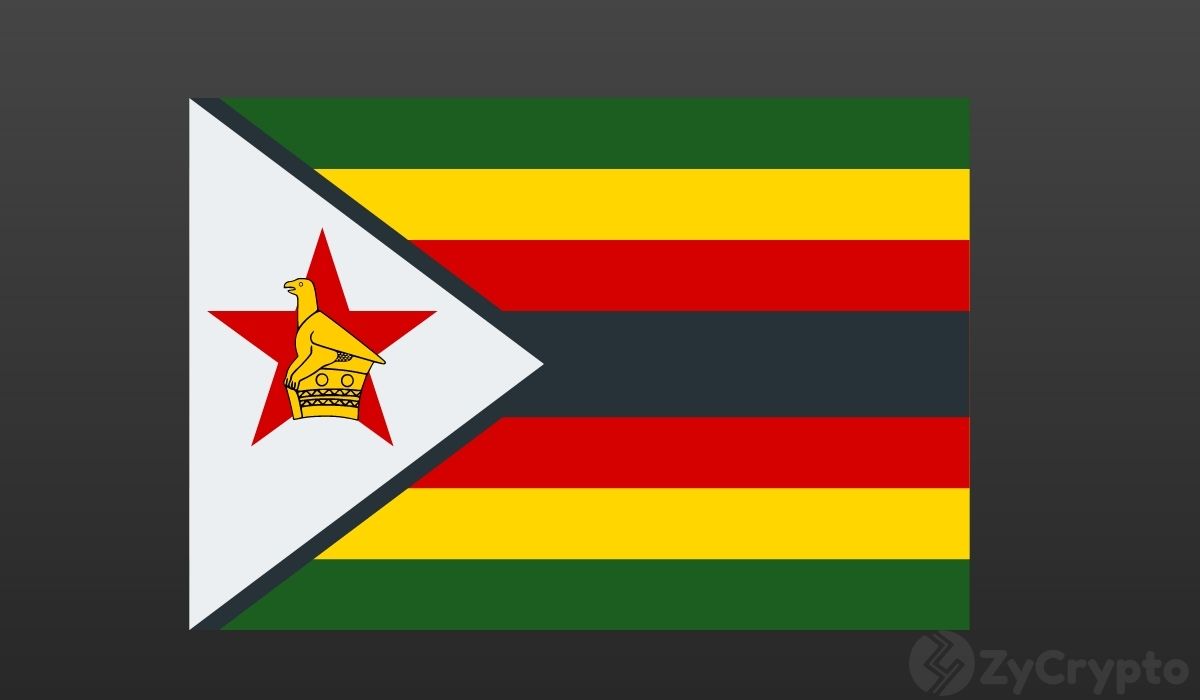- The southern African country is battling hyperinflation and a depreciating local currency.
- RBZ Gold-backed Digital token would be used for payments and as a store of value.
The Reserve Bank of Zimbabwe (RBZ) has sold gold-backed cryptocurrencies valued at 14 billion Zimbabwean dollars despite a warning by the International Monetary Fund against adopting the digital currency to address the country’s macroeconomic problems.
RBZ Governor Dr John Mangudya announced in a statement on May 12 that the central bank had received 135 applications from the participating lenders, of which 132 of the bids were submitted in local currencies, while three were in USD.
Gold-Backed Crypto as a Solution to Hyperinflation
Zimbabwe is turning to gold-backed digital currency to address hyperinflation and the diminishing value of its local currency. According to Mangudya, the digital currency aims to expand value-preserving instruments, enhance investment divisibility and expand public access.
‘‘The issuance of the gold-backed digital tokens is meant to expand the value-preserving instruments available in the economy and enhance divisibility of the investment instruments and widen their access and usage by the public,’’ he said, adding that the depreciation of the local currency because of the increase in demand for the US dollar was causing volatility in exchange rates.
RBZ Gold-backed Digital Token, whose first sale was backed by nearly 140 kilograms of gold, fetched a minimum price of $10 for individuals and $5,000 for corporations, with a minimum vesting period of 180 days.
The cryptocurrencies, held in e-gold wallets or e-gold cards, are tradeable through person-to-person and person-to-business transactions. Further, users with physical gold exchange them for gold-backed digital tokens through commercial banks, according to the report, allowing their use as a payment and a store of value.
IMF’s Objection
The IMF has warned the southern African country against adopting the gold-backed crypto, saying that conventional means of addressing the pressing macroeconomic challenges should be considered instead.
‘‘A careful assessment should be conducted to ensure the benefits from this measure outweigh the costs and potential risks including, for instance, macroeconomic and financial stability risks, legal and operational risks, governance risks, cost of foregone FX reserves,’’ said IMF representative who spoke to Bloomberg.
The IMF has raised similar concerns against El Salvador and the Central African Republic, which adopted Bitcoin as a legal tender in their respective jurisdictions.







